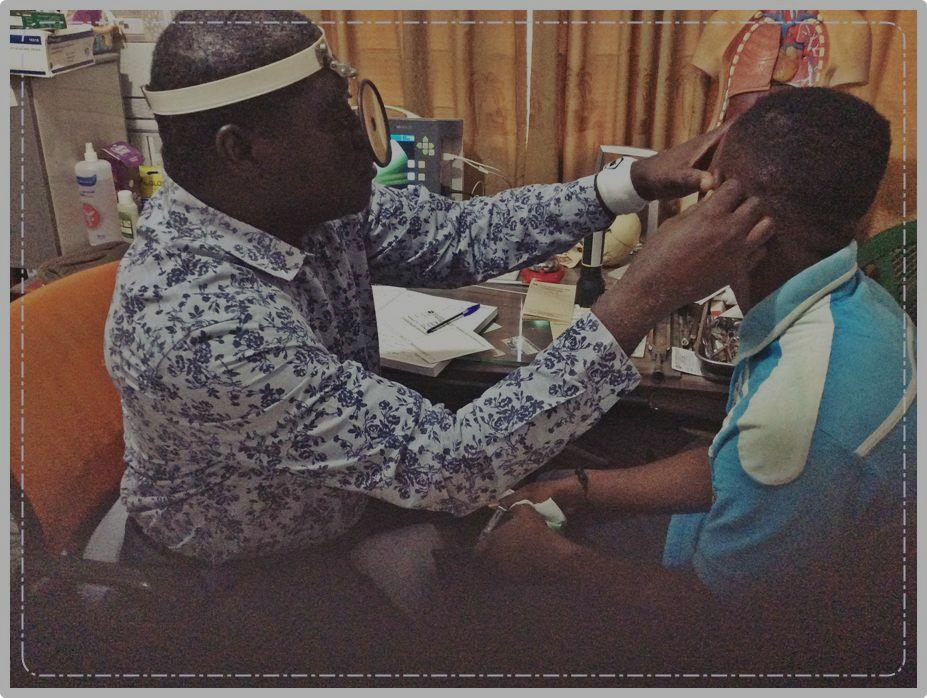Are There Consequences Later in Life if Hearing Loss Goes Untreated?
Protecting your hearing is important, as hearing loss is connected to a number of serious health ailments later in life. The relationship between hearing loss and dementia has been established in research, and it’s a close association. There is strong evidence that hearing loss accelerates brain-tissue atrophy, particularly in areas of the brain that auditory nerves would stimulate but can’t because they aren’t receiving a signal (due to a hearing loss). These areas of the brain are also related to memory and speech.
Individuals with a mild hearing loss are also three times as likely to fall down as those without, and the likelihood of falls increases as degree of hearing loss increases. Hearing loss has been linked to a variety of other diseases, such as diabetes, cardiovascular disease, sickle-cell anemia, and other circulatory conditions.
How Loud Is Too Loud?
As a general rule, if you have to raise your voice to be heard over the music or noise, it’s probably too loud and might be on the cusp of damaging your hearing. Things like lawn mowers or heavy freeway traffic tend to hover between 80 and 90 dB, which is when hearing is at risk of damage. Those who are regularly exposed to noises of 85 dB or more should have their hearing tested regularly to see if the effects of hearing damage are already present.
If you face continuous loud-noise exposure in your leisure activities or at work, please contact us for advice on the latest hearing-protection methods that best suit your needs, or to schedule an appointment to be fit for custom hearing protection.
Frequently Asked Questions
Are there advantages to earmuffs or earplugs?
Heavy-duty earmuffs can create a seal around the ear that cuts out noise to the same level as many earplugs. The main disadvantages of a larger headset are the possibility of less mobility and that they may fall off, leaving the ears exposed for some period of time. Earplugs may also fall out, but custom-fit earplugs are likely to stay sealed comfortably in the ear for as long as you’d like to wear them.
How can I tell if a noise is dangerous?
If you must raise your voice in order to be heard over the sound, you’re probably experiencing a dangerous amount of noise. Do what you can to move out of harm’s way, or cover your ears if possible until the noise passes.
How do I protect my ears from loud noise?
Earplugs that fit snugly and seal tightly in your ear canal typically offer protection for a variety of situations. Custom-fit hearing protection offered by Advanced Hearing Care can protect your ears from harmful noise levels while still allowing you to enjoy the activities you love.
How long can I be exposed to loud noises before it affects my hearing?
Permissible noise exposure levels vary. Hearing loss is cumulative, meaning that the less time you’re exposed to loud noises over the course of your life, the better your hearing health is likely to be. The point at which sound begins to damage hearing is 85 dB, for which the permissible continuous exposure period is about eight hours. For each 3-dB increase in noise pressure, the permissible exposure time before hearing damage can occur is cut in half. For example, permissible exposure to 88 dB would be four hours, 91 dB would be two hours, 94 dB would be one hour, etc.
My ears hurt after being exposed to loud noise. What should I do?
Do whatever you can to get away from that noise immediately. When a noise is painful, it’s likely that damage is being done to your hearing. Noises loud enough to cause pain are also typically loud enough to cause permanent hearing damage almost immediately. If the pain persists, please see a medical professional.
What are some common loud noises I should avoid?
Perhaps the most common loud noise you’ll encounter is freeway traffic, which can be loud enough to damage hearing (85 dB) when it’s heavy. Lawn mowers, chain saws, ambulances, garbage trucks, and motorcycles are all fairly common neighborhood or street sounds that can damage hearing. During certain times of the year, firecrackers, jackhammers, snowmobiles, or outdoor sporting equipment (guns included) might make themselves known. And of course loud music — whether it’s through earbuds and a loud MP3 player or in person at a concert — is one of the most common culprits of hearing loss today.
Where can I get custom hearing protection?
Advanced Hearing Care can fit you with custom hearing protection that defends the delicate inner ear against harmful noise levels.
